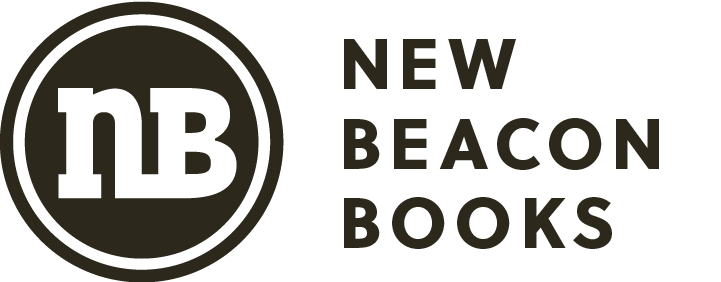John La Rose
John La Rose (1927–2006) was born in Arima, Trinidad, on 27 December 1927. At nine he won a scholarship to St Mary’s College, where he later taught before becoming an insurance executive. He also taught in Venezuela.
He was an executive member of the Youth Council in Trinidad and produced their radio programme, ‘Voice of Youth’. In the mid-1950s he co-authored with the calypsonian Ramond Quevedo – Atilla the Hun – a pioneering study of calypso entitled Kaiso: A Review, republished in 1983 as Atilla’s Kaiso.
In the 1940s John helped to found the Workers Freedom Movement and edited their journal Freedom. He was an executive member of the Federated Workers Trade Union, later merged into the National Union of Government and Federated Workers. He became General Secretary of the West Indian Independence Party and contested a seat in the 1956 General Election for the party. He was also involved with the Oilfield Workers Trade Union, becoming their European representative from 1962 onwards.
John arrived in Britain in 1961. In 1966 he founded New Beacon Books, the first Caribbean publishing house, bookshop and international book service. Growing up in a colonial society in the Caribbean made John acutely aware that colonial policy was based on a deliberate withholding of information from the population. There was also a discontinuity of information from generation to generation. Publishing, therefore, was a vehicle to give an independent validation to one’s own culture, history and politics – a sense of self – and to make a break with discontinuity. It is this conception which permeates the work of New Beacon. In 1966 John, along with the Jamaican writer and broadcaster Andrew Salkey and the Barbadian poet and historian Kamau Brathwaite, co-founded the Caribbean Artists Movement, providing a platform for Caribbean artists, poets, writers, dramatists, actors and musicians.
In 1972/73 he was Chairman of the Institute of Race Relations and Towards Racial Justice. John was involved in the Black Education Movement from the 1960s, particularly in the struggle against banding, and the placing of West Indian children in schools for the educationally sub-normal. He founded the George Padmore Supplementary School for West Indian children in 1969 and helped found the Caribbean Education in Community Workers Association. In the 1980s he was instrumental in setting up the National Association of Supplementary Schools, and was its Chairman for a time. In 1975, after a black schoolboy was assaulted by the police in Haringey, John La Rose and concerned parents founded the Black Parents Movement to combat the brutalisation and criminalisation of young blacks, and to agitate for youth and parent power and decent education.
The Black Parents Movement, in alliance with the Race Today Collective and the Black Youth Movement, became the most powerful cultural and political movement organised by blacks in Britain. The alliance formed the New Cross Massacre Action Committee in response to the arson attack which resulted in the death of 14 young blacks, and mobilised 20,000 black people and their supporters in March 1981 to protest the death of the young people and the failure of the police to conduct a proper investigation. John La Rose was the Chairman of the New Cross Massacre Action Committee and gave tremendous support the bereaved families. John was also part of many organisations focusing on international concerns. In 1982 he helped to found Africa Solidarity, supporting the struggle against dictatorship and tyranny in Africa, and he also became Chairman of the Committee for the Release of Political Prisoners in Kenya.
In response to the rise in fascism and xenophobia, he helped to found European Action for Racial Equality and Social Justice, bringing together anti-racists and anti-fascists from Belgium, Italy, France and Germany. One of John La Rose’s greatest achievements was the International Book Fair of Radical Black and Third World Books (1982-95), organised jointly with Bogle L’Ouverture Books and Race Today Publications. He was joint director with Jessica Huntley of the Book Fair and from 1984 its sole director. John was the editor at New Beacon Books and of their journal, New Beacon Review, and published two volumes of his own poetry, Foundations (1966) and Eyelets of Truth Within Me (1992). He also did some filmmaking from the 1970s.
The George Padmore Institute, an archive, library and educational research centre housing materials relating to the black community of Caribbean, African and Asian descent in Britain and continental Europe, was established in 1991 and chaired by John La Rose. The Institute continues the traditions and methods of work that New Beacon Books and the organisations connected with it have developed since 1966. John La Rose was part of a Caribbean tradition of radical and revolutionary activism whose input has reverberated across continents. The depth and breadth of his contribution to the struggle for cultural and social change, for racial equality and social justice, for the humanisation of society, is unparalleled in the history of the black experience in Britain.

